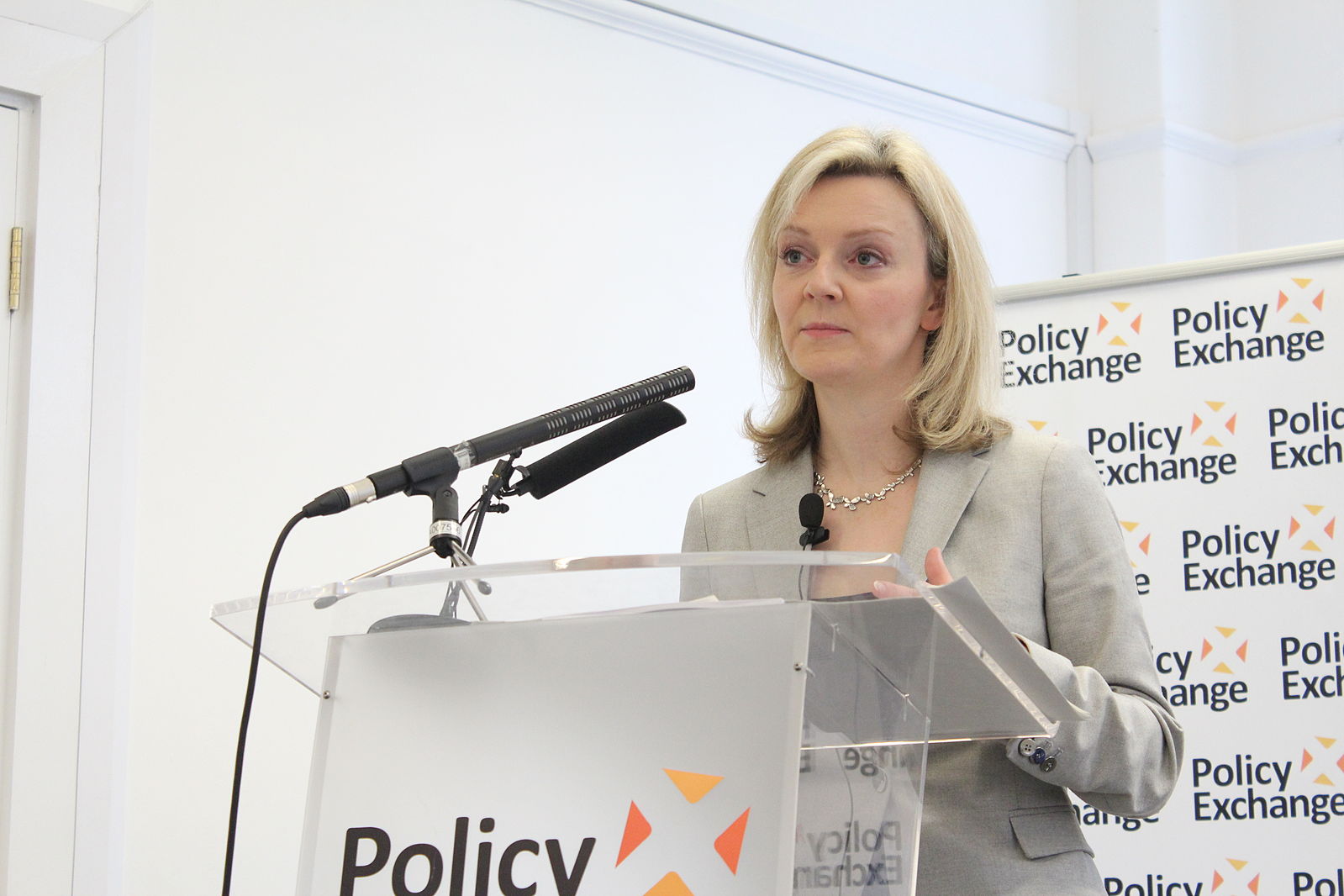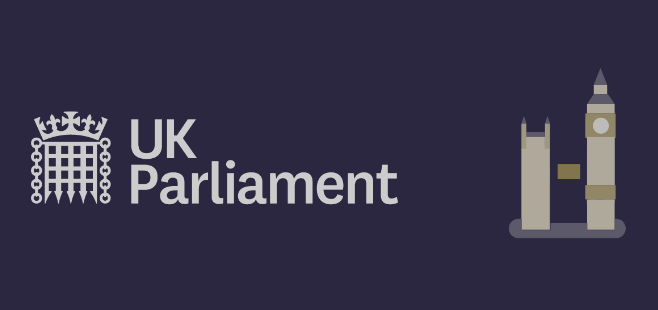Liz Truss returned from the US a few weeks ago and has now published her anti-trans legislative proposal that seems very similar to the ones Republicans have been pushing there.
Dubbed the “Health and Equality Acts (Amendment) Bill,” the new legislation seeks to instigate cruel changes in how gender dysphoria in children is addressed and how gender identity is legally recognised.
In short, it seeks to remove most rights from trans people, particularly trans children.

As I covered in yesterday’s Trans Agenda, Liz Truss went to America and came back loaded with her new Culture Wars Grift pack. She has now published her bill, which aims to mandate bias against trans people in UK law. It is slated to be heard in the House of Commons on Friday but could get bumped. It will not pass.
The “Health and Equality Acts (Amendment) Bill,” introduced by Truss and supported by a number of MPs (listed below), aims to regulate various aspects concerning children and gender identity.
Here’s a detailed summary:
- Children with Gender Dysphoria:
- It amends the Health and Care Act 2022 by introducing a new offence for health care professionals who prescribe, administer, or supply medicinal products to children under 18 as part of treatment for gender dysphoria to either delay puberty or affirm the child’s perceived gender inconsistent with their biological sex.
- Health professionals found guilty could face imprisonment, fines, or both. Defences include treatments that began before the bill’s enactment or were clinically necessary due to prior unsupervised medication use by the child.
- Preventing the recognition of gender inconsistency in children:
- Public authorities in England are prohibited from recognising children’s gender inconsistent with their biological sex. This includes language use, access to sex-specific services, and other forms of recognition.
- The Secretary of State can direct public authorities on compliance, which they must follow.
- Provision of services: Definition of “Sex”:
- The Equality Act 2010 is amended to define “sex” based on biological characteristics present at birth. This impacts the legal recognition of individuals as male or female, affecting services and rights under the act.
- Final provisions:
- Details the territorial extent of each section and the enactment timeline, specifying that the bill applies differently across the UK regions and is effective two months post-approval.
The bill represents a significant legislative attempt to restrict the recognition and treatment of trans children and to redefine “sex” in legal terms, impacting the provision of services and public authority practices in England and, in some parts, the wider UK.
It is practically identical to the bills being pushed by Republicans in the States.
How do they define ‘sex’?
“For the purposes of this Act, “sex” in relation to a person means the classification of that person as either male or female based on the organisation of the person’s body for a specific reproductive role, as indicated by the person’s sex chromosomes, naturally occurring sex hormones, and internal and external genitalia present at birth.”
The MPs who have supported the bill are: Priti Patel, Ian Paisley, Dame Jackie Doyle-Price, Dr Caroline Johnson, Nick Fletcher, Miriam Cates, Ben Bradley, Tom Hunt, Robin Millar, Andrew Lewer, Marco Longhi.
Sources – Liz Truss publishes her private member’s bill [Liz Truss][UK Parliament]











